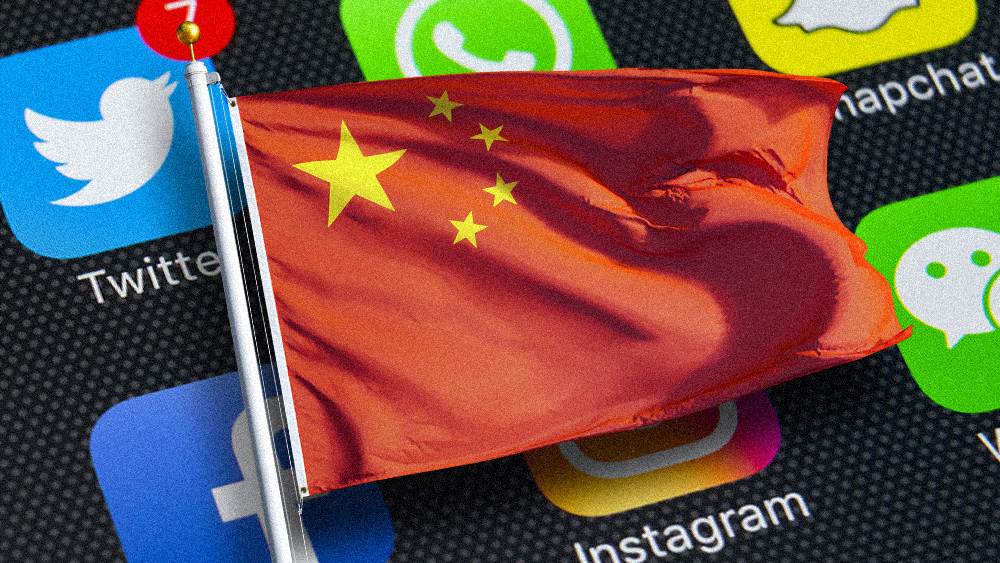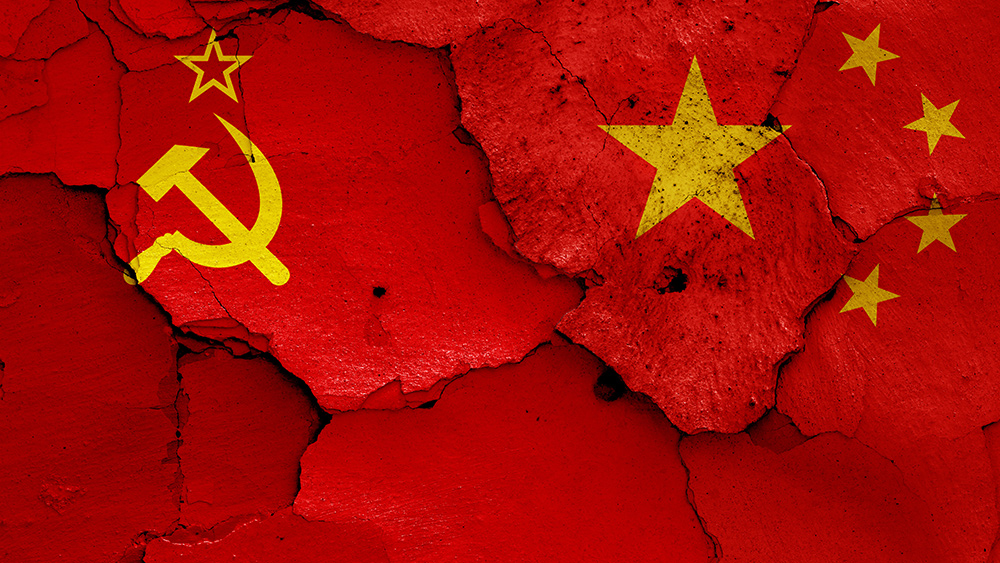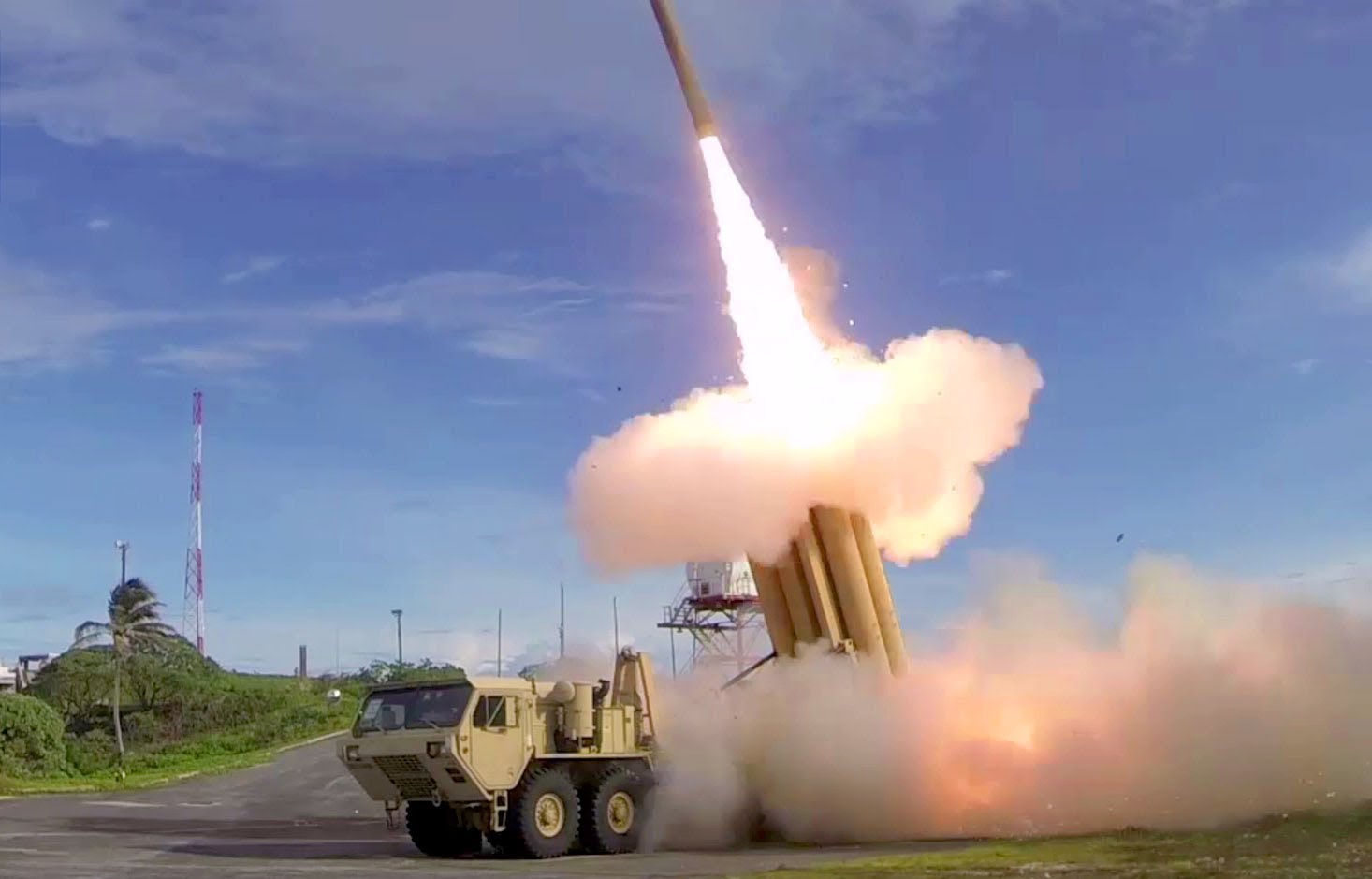 Parler
Parler Gab
Gab
Op-ed warned that Huawei ban was a bigger risk
In May of 2019, Negroponte wrote an op-ed for Fast Company where he argued that banning U.S. companies and universities from conducting business and research with Huawei would not make the country's communications networks safer. "Don't ban Huawei," reads the op-ed published under Negroponte's name. "The U.S. should collaborate with leading technology companies and their research labs, rather than banning them." Negroponte argued that a ban would create an "illusory sense of security that could actually increase risk." According to him, the real threat would be that the "unsubstantiated accusations" lobbied against Huawei would instead prevent the U.S from having "a more important, rational conversation" regarding cyber risk. "This failure may prevent the U.S. from achieving the technological and economic progress it could have made, had it chosen to look more closely at the facts," he argued. He noted that this was particularly true at universities, such as MIT, which had to stop research with Huawei, who he called "the most advanced partner" that the university had in the telecommunications field.Negroponte has worked with Huawei for years
Negroponte and Huawei's partnership serves as just one example of the extensive monetary ties that exist between U.S. colleges and China. In recent years, the latter's military-industrial complex has funneled millions of dollars into U.S. universities. In addition, more than 100 American colleges and universities have, at one point, hosted a Confucius Institute. These are Mandarin programs, funded by the Chinese government, that have been subject to bipartisan criticism for being a threat to academic freedom on college campuses. (Related: The Economist failed to disclose lucrative Huawei ties, even as it defended the Chinese tech giant.) Huawei's ties to MIT, on the other hand, go as far back as 2008. This was when a research group under Negroponte's MIT Media Lab listed the Chinese telecommunications company's U.S. subsidiary as an industry partner. MIT Media later listed Huawei as a corporate sponsor between the 2012 and 2017 fiscal years. This gave Huawei extensive privileges, including access to all of the lab's research as well as "full intellectual property rights." Meanwhile, the company's ties to Negroponte can be traced back to 2011. Negroponte gave a presentation at a Huawei-hosted MIT junket that praised China for building telecommunication infrastructure in Africa. MIT officially suspended ties with Huawei in April of 2019, citing growing public concerns over its role in higher education in the U.S. But Negroponte continued to work with the company beyond that. Negroponte has helped Huawei in the latter's public relations push against scrutiny by Western governments. In addition to the ghostwritten op-ed, he also joined Huawei CEO Ren Zhengfei in denouncing as disingenuous the U.S. government's national security concerns in a round table in June 2019. Meanwhile, in May 2020, he also appeared in an online panel with Huawei rotating chairman Guo Ping. Follow NationalSecurity.news for more on the threat Huawei poses to cybersecurity in America. Sources include: FreeBeacon.com FastCompany.comBOVARD: Google is exploiting user data for its political agenda
By News Editors // Share
NIH a money laundering front for bioweapons programs in China
By Ethan Huff // Share
Satellite images show wheat crops all over the world are FAILING – except in Russia and China
By Arsenio Toledo // Share
China, Russia developing space weapons that can destroy, disable satellites
By Kevin Hughes // Share
Governments continue to obscure COVID-19 vaccine data amid rising concerns over excess deaths
By patricklewis // Share
Tech giant Microsoft backs EXTINCTION with its support of carbon capture programs
By ramontomeydw // Share
Germany to resume arms exports to Israel despite repeated ceasefire violations
By isabelle // Share









